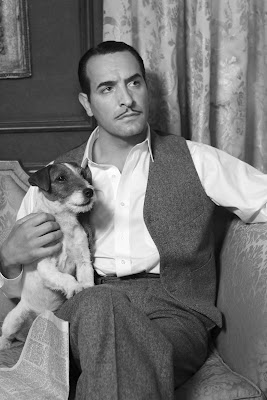In keeping with the thread of dystopic fiction, I'm now reading Margaret Atwood's
Oryx and Crake, which is much more to my liking than
1984 so far.

I especially appreciate how Atwood is using childhood as a way into her own imagined future world. It reminds me a lot of
Ender's Game, a great book by Orson Scott Card - I think the use of children's games, which are central to
Ender's Game, is equally brilliant here. In a book that depicts the transition between a world like ours and a world that seems completely foreign (but could one day come about), children are the perfect narrators, because they are the transitional generation, glimpsing the past through their parents but moving on themselves into the future.
This book also reminds me of David Mitchell's
Cloud Atlas in the way that it weaves together multiple times and in the depiction of the future as a kind of wasteland where people are ignorant - or innocent - of what came before. It's very different from the deliberate obliteration of the past in Orwell's book. Instead of the evil government blanking out and twisting people's memories, both Atwood and Mitchell create a sense of the natural erosion of the past, and I think that's a lot more relevant to the way history works (or the way I perceive it at least). Orwell's future is almost presumptuous in its suggestion that we might somehow stop history or reach the end of it. What I loved about
Cloud Atlas was the incredible depiction of the cyclical nature of history. We may destroy the earth and ourselves, but time will keep happening, new life will spring up, new conflicts and new hopes. History cannot just come to a standstill. Atwood's narrator, Snowman, like Mitchell's sixth narrator, just keeps plowing on with his fight to live, and it doesn't feel like some imagined, isolated future. You know it will keep evolving (especially given Atwood's focus on genetics), and that makes it exciting and real.


